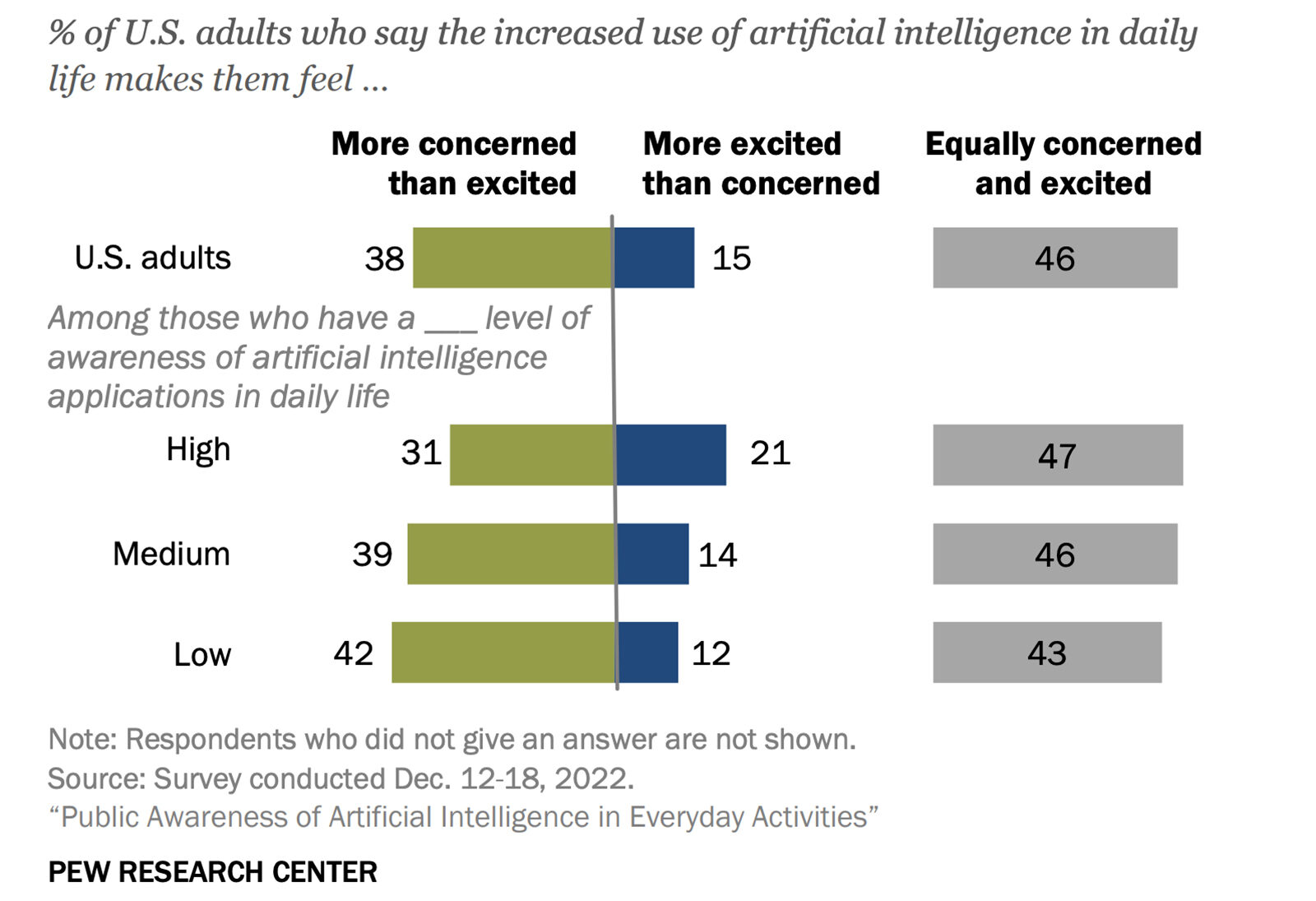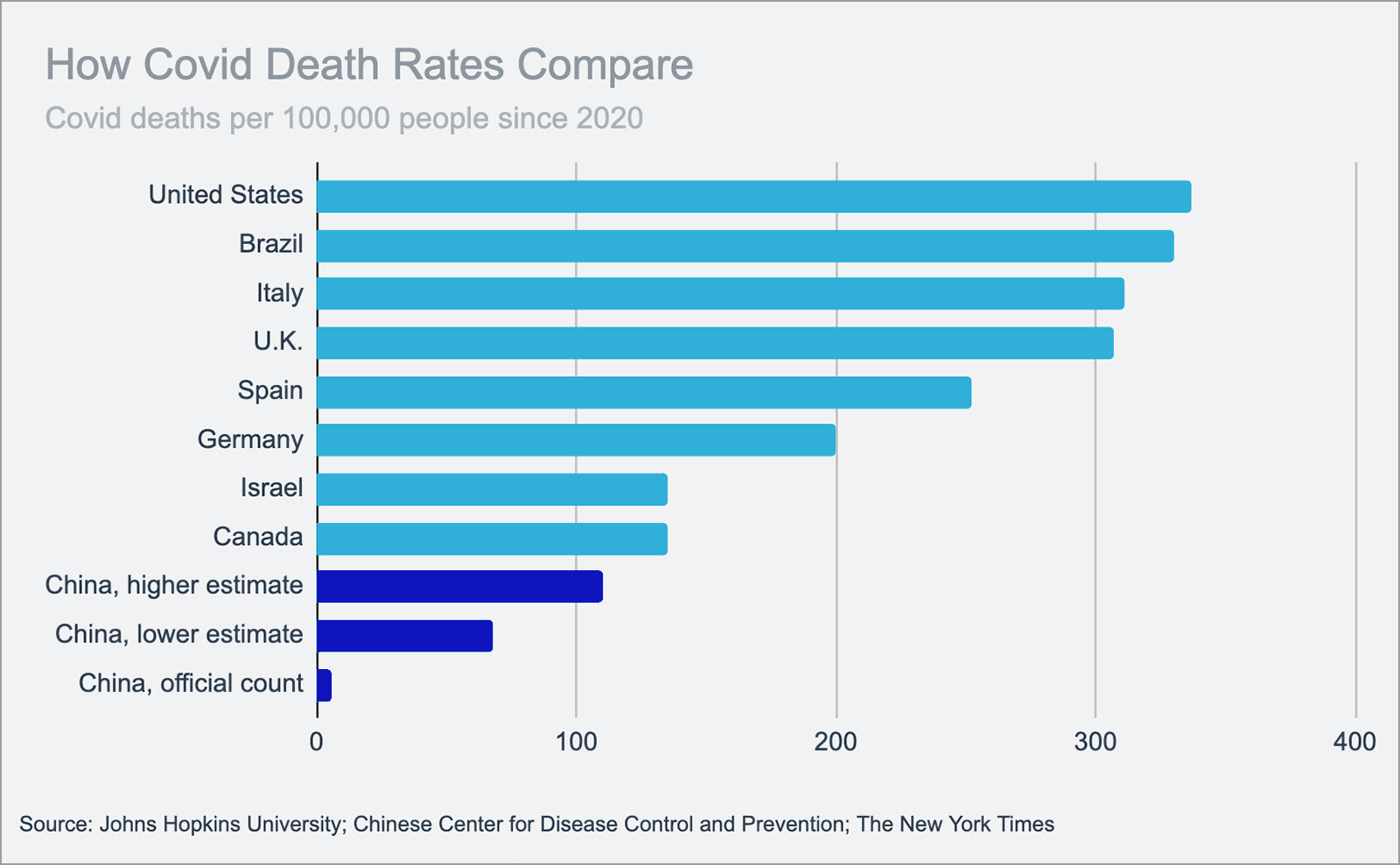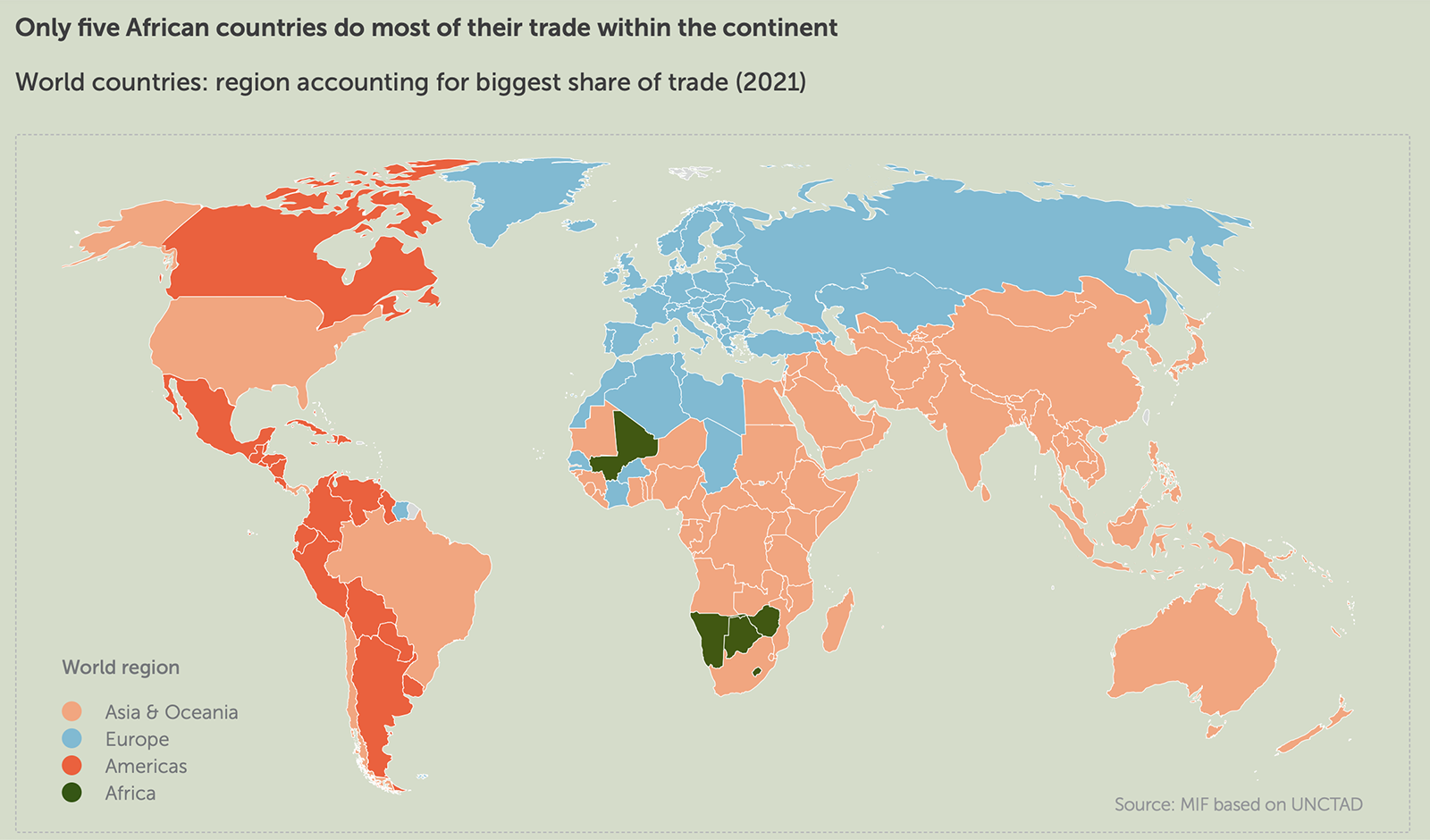European Energy Systems Are Scrambling to Adapt
Reductions and temporary halts in Russian natural gas exports have exposed the vulnerability of European energy systems, pushing gas prices to record highs and amplifying recession and high inflation concerns.
The situation is worsened by drought conditions that have caused reductions in hydroelectric and nuclear power generation across Europe and led Norway to announce possible cuts to its hydroelectricity exports. The consequences on European energy systems are already evident: Germany will limit heating in public buildings to 19 degrees Celsius and has announced rationing plans unless usage is reduced by 20%.
European gas storage facilities are on track to meet their refill targets, but this may not be enough to prepare for winter. The EU is planning to reform its energy markets and has agreed to cut gas use by 15% through March 2023 while increasing imports from the United States. With its REPowerEU plan, the European Commission will also reduce Russian gas imports by two-thirds by the end of 2022. Meanwhile, Germany and other EU countries are scrambling to find additional suppliers while investing in energy efficiency and renewables. The U.K. has announced similar plans to phase out Russian imports and to expand its wind and nuclear capacity.





